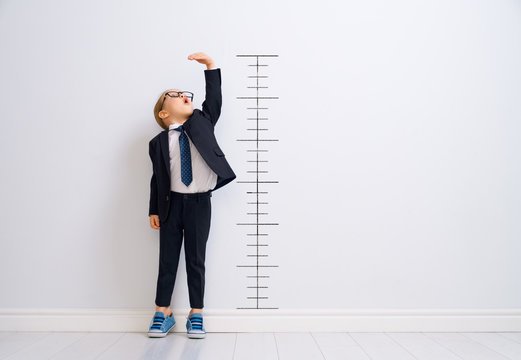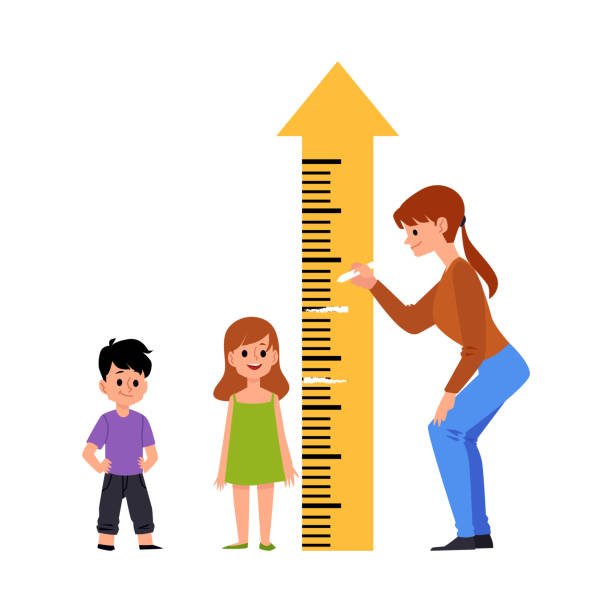Psychosocial Considerations And Quality Of Life In Individuals With Dwarfism
Dwarfism, characterized by significantly shorter stature than average, presents unique psychosocial challenges that can impact an individual’s quality of life. From navigating societal attitudes and stereotypes to coping with physical limitations and medical interventions, individuals with dwarfism often face a range of emotional and social complexities. This article explores the psychosocial considerations associated with dwarfism and examines strategies for enhancing the quality of life and fostering resilience within the dwarfism community.
Understanding Psychosocial Impacts
The psychosocial impacts of dwarfism extend beyond the physical characteristics of the condition, encompassing a broad range of emotional, social, and interpersonal experiences. One of the primary challenges faced by individuals with dwarfism is societal stigma and discrimination, which can manifest in various forms, including ridicule, bullying, and marginalization. Negative stereotypes perpetuated by media portrayals and cultural stereotypes further contribute to the marginalization of individuals with dwarfism, reinforcing misconceptions and biases.
Psychological factors such as body image concerns, self-esteem issues, and identity development also play a significant role in the psychosocial experiences of individuals with dwarfism. Growing up in a society that idealizes height and equates stature with success and attractiveness can exacerbate feelings of inadequacy and social exclusion among individuals with dwarfism. Moreover, navigating interpersonal relationships, dating, and intimacy can pose additional challenges for individuals with dwarfism, as they may face rejection or prejudice based on their height.
Quality of Life Considerations
Despite the psychosocial challenges associated with dwarfism, many individuals demonstrate remarkable resilience and lead fulfilling lives enriched by supportive relationships, personal achievements, and meaningful experiences. Enhancing the quality of life for individuals with dwarfism involves addressing both the practical needs and the emotional well-being of the individual. Key considerations include:
Access to Supportive Services: Providing access to comprehensive medical care, including specialized healthcare providers familiar with the unique needs of individuals with dwarfism, is essential for optimizing physical health and well-being. Additionally, access to psychosocial support services, such as counseling, peer support groups, and advocacy organizations, can provide valuable emotional support and resources for individuals and their families.
Education and Employment Opportunities: Ensuring equal access to education and employment opportunities is crucial for promoting independence, autonomy, and economic stability among individuals with dwarfism. Addressing barriers to education, such as inaccessible facilities or discriminatory practices, and advocating for workplace accommodations and inclusive hiring practices can help empower individuals to pursue their academic and career goals.
Social Inclusion and Community Engagement: Fostering a sense of belonging and social connection within the dwarfism community and broader society is essential for promoting positive psychosocial outcomes and combating social isolation. Encouraging participation in community events, advocacy initiatives, and recreational activities can help individuals with dwarfism develop supportive friendships, build social skills, and cultivate a sense of identity and belonging.
Empowerment and Advocacy: Empowering individuals with dwarfism to advocate for their rights, challenge stereotypes, and promote social change is integral to fostering resilience and promoting positive self-esteem. Providing opportunities for leadership development, public speaking, and activism can help individuals with dwarfism become agents of change within their communities and advocate for greater inclusivity and acceptance.
Conclusion
Psychosocial considerations play a significant role in shaping the experiences and quality of life of individuals with dwarfism. By addressing societal attitudes and stereotypes, providing access to supportive services, and fostering a sense of empowerment and community, it is possible to enhance the psychosocial well-being and resilience of individuals with dwarfism. Through advocacy, education, and social inclusion efforts, we can create a more inclusive and accepting society where individuals with dwarfism are valued for their unique strengths, abilities, and contributions.



